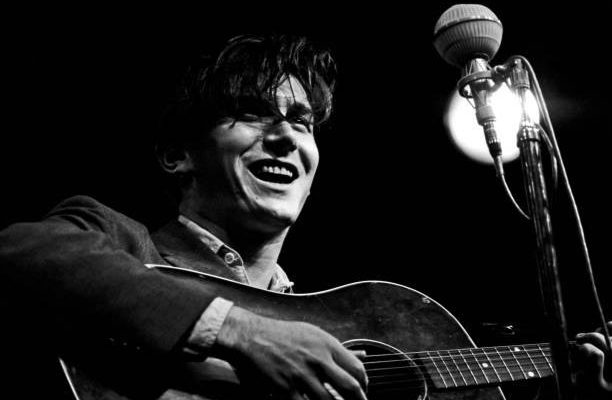Phil Ochs: From Ohio State Journalism Student to Folk’s Fierce Voice of Protest and Change
Before Phil Ochs became celebrated as one of folk music’s most fearless and insightful voices, he was simply a young journalism student at Ohio State University, juggling his studies while quietly nurturing a passion for songwriting. Between classes, he penned lyrics and melodies, performing in campus coffeehouses that echoed with the beginnings of a career that would blend the keen eye of a reporter with the heartfelt expression of a troubadour. His journey from the academic halls of Ohio to the storied stages of Greenwich Village and, ultimately, to the Newport Folk Festival, charts a path marked by a profound belief in music’s power to illuminate societal truths and spark change.
In the early 1960s, the folk music revival was blossoming across America, and young artists like Ochs were drawn not just by the melodies but by the movement’s potential to engage with the pressing social and political issues of the day. Yet, what set Ochs apart was his background as a budding journalist. His songs were not merely poetic musings but sharp, detailed narratives that reflected the complexities and contradictions of contemporary society. This journalistic approach lent his music an authenticity and urgency that resonated deeply with audiences seeking more than entertainment—they sought understanding and action.
Ochs’s time at Ohio State University was formative. Immersed in the study of journalism, he learned to observe carefully, ask difficult questions, and tell stories with clarity and conviction. These skills translated seamlessly into his songwriting. His performances at local coffeehouses allowed him to experiment with weaving facts and emotions, headlines and human stories, into compelling songs. These early experiences planted the seeds for what would become a lifelong mission: to use music as a vehicle for protest and change.
Drawn to the vibrant folk scene of Greenwich Village in New York City, Ochs found a community of like-minded artists and activists. The Village was a crucible for creativity and dissent, where songs were a language of resistance and hope. Here, Ochs’s reporter’s eye for detail complemented his passion for music, and his songs took on a sharper political edge. He tackled subjects ranging from civil rights and labor struggles to war and government accountability, transforming news stories into poignant, memorable verses that challenged listeners to think critically about the world around them.
By the summer of 1964, Phil Ochs had risen to national prominence, standing on the stage at the Newport Folk Festival—a gathering that showcased the era’s most influential voices. His performance was a defining moment, capturing the spirit of a generation grappling with injustice and yearning for change. Ochs’s songs did not merely protest from afar; they embodied a direct engagement with the issues, urging audiences to not only listen but to act. His presence at Newport cemented his role as a key figure in the folk protest movement, a musician whose art was inseparable from his advocacy.
Yet, Ochs himself resisted being labeled simply as a “protest singer.” His own words—“I’m not a protest singer, I’m a singer who tries to protest”—reveal a nuanced understanding of his craft. He saw his music as an instrument, a way to express dissent and provoke thought, but also as an art form that transcended straightforward protest. His songs blended storytelling, irony, and passion, inviting listeners into a complex dialogue rather than a one-sided lecture. This approach earned him respect from both peers and critics, distinguishing him as a thoughtful and fearless voice in a crowded field.
Phil Ochs’s legacy extends far beyond his era. His commitment to truth-telling through song has inspired countless artists and activists, reminding us of music’s unique capacity to reflect and shape society. From the campus coffeehouses of Ohio State University to the national stages of America’s folk revival, Ochs’s journey underscores the power of combining journalism’s rigor with the emotive force of music. His life and work remain a testament to the enduring belief that songs can be more than melody—they can be a call to conscience and a catalyst for change.



